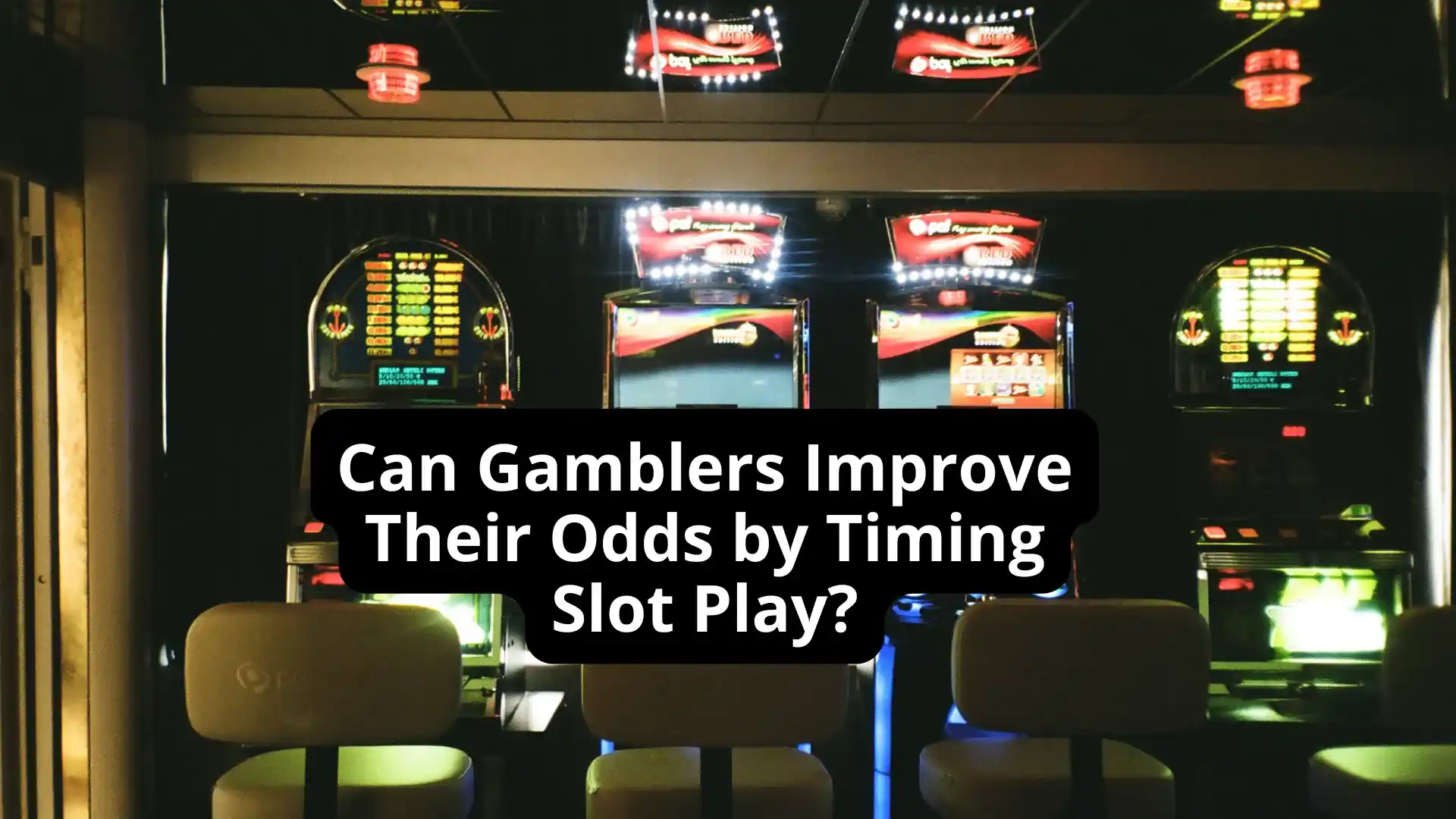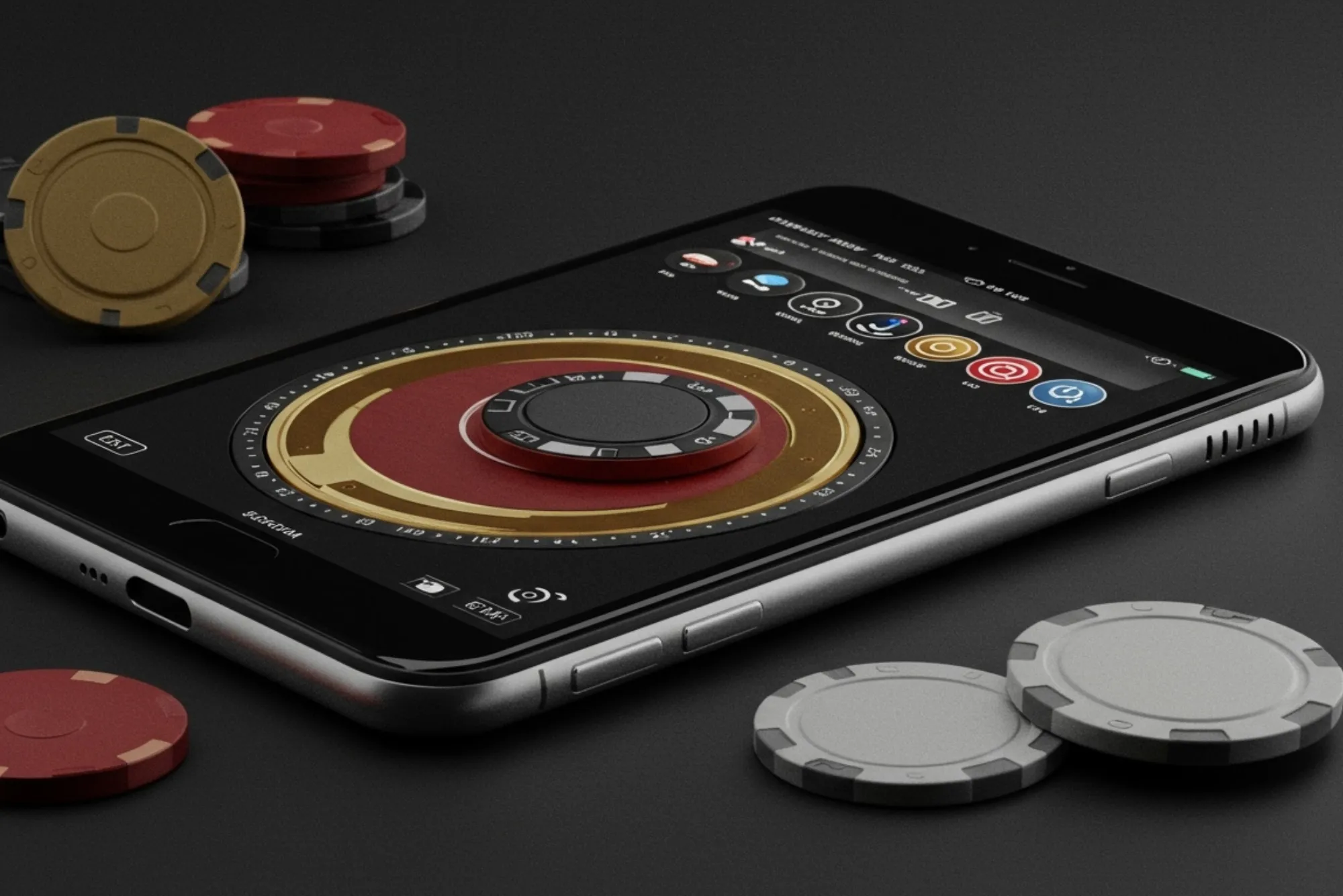Slot machines are one of the most captivating features of any casino, whether you’re in a buzzing land-based hall or scrolling through reels online. The lights, sounds, and the chance of hitting that big jackpot keep players coming back again and again. But one question often sparks debate among seasoned players and newcomers alike: can gamblers really improve their odds by timing their slot play?
The short answer is complicated. Slot machines operate on highly regulated systems designed to ensure fairness, but the psychology of timing — when you play, how long you play, and even your perception of streaks — does play a role in the experience. To understand this fully, we need to look at how slots are programmed, why timing strategies appeal to players, and whether any real advantage exists.
How Slot Machines Actually Work
To grasp the role of timing, it’s important to first understand the mechanics behind slot machines. Modern slots, whether online or offline, are powered by a Random Number Generator (RNG). This software runs thousands of number combinations per second, each corresponding to potential outcomes on the reels.
When you press spin, the RNG freezes on a number set, producing the symbols you see. Crucially, this means every spin is entirely independent. Whether you hit a jackpot on your first try or after 200 spins, the probability doesn’t change — there’s no “hot” or “cold” streak built into the machine.
From a technical standpoint, timing your play has no effect on the outcome. You can’t predict when the RNG will generate a winning combination. This is why regulators in most jurisdictions carefully audit and test slot software to ensure fairness.
Why Timing Still Feels Important
Despite the science, many gamblers swear by timing strategies. You’ll hear advice like “play late at night,” “wait until a machine hasn’t paid out in hours,” or “jump on right after someone walks away.” These beliefs are rooted less in mathematics and more in psychology.
Casinos are designed to create patterns of excitement. If you see someone celebrating a big win, you’re likely to believe the machine is in a payout cycle. If you notice long stretches without a jackpot, you might think the odds are due to shift. In reality, this is the gambler’s fallacy — the mistaken belief that past results influence future outcomes in random events.
That said, timing can influence how you feel about your play. For example, visiting a casino when it’s busy may increase the social buzz and make wins seem more frequent. Playing when you’re alert and focused might help you manage your bankroll better than if you’re tired or distracted. While these aren’t changes in odds, they can impact your overall experience.
The Online Slot Perspective
Online casinos add another layer to this discussion. Platforms offering slots are open 24/7, with no peak or off-peak times in the traditional sense. Yet, some players still experiment with timing, believing that certain hours might affect their chances.
In practice, the same RNG rules apply. Online slot results are random and independent. What does change, however, is player psychology. If you log in during a quieter time, you might feel less rushed and more in control of your choices. During peak hours, the energy of live chats, tournaments, or promotions may shape how you perceive your play.
Many who enjoy slot sites uk report that timing isn’t about beating the odds but about finding the right personal rhythm. Playing when you’re relaxed, have set limits, and can fully enjoy the game creates a healthier and more enjoyable experience than chasing wins at arbitrary times.
Managing Bankroll and Setting Limits
If timing can’t alter the odds, what can players control? Bankroll management. Instead of focusing on when to play, successful gamblers think more about how to play.
For instance, setting clear budgets before you start, pacing your spins, and knowing when to walk away are far more effective strategies than trying to predict when a jackpot will land. If you stretch your bankroll over a longer session, you increase your chances of hitting smaller wins that keep the experience engaging, even though the odds remain unchanged.
Timing in this sense is less about external factors and more about personal discipline. By structuring your sessions thoughtfully — maybe playing shorter bursts rather than long marathons — you can keep gambling fun while avoiding unnecessary losses.
Promotions and Bonus Timing
One area where timing does make a tangible difference is promotions. Many casinos, both online and offline, offer time-sensitive bonuses such as free spins, deposit matches, or happy hour rewards. Savvy players know to schedule their play around these offers, as they effectively give you more value for the same spend.
For example, an online platform may offer double loyalty points between 6 p.m. and 9 p.m., or land-based casinos might schedule special prize draws during evening hours. In these scenarios, timing your play smartly can increase your rewards, even if it doesn’t technically boost your odds of winning on the reels.
The Myth of “Due” Machines
A common belief is that machines that haven’t paid out in a while are “due” for a win. While it’s true that slots are programmed with a theoretical return-to-player (RTP) percentage, this doesn’t mean outcomes balance in short-term sessions.
Imagine a slot with a 96% RTP. Over millions of spins, the machine will return around 96% of wagers to players. But in the short run, anything can happen: a jackpot might land on consecutive spins, or not at all during an entire night. Waiting for a machine to become “ripe” is wishful thinking, not a reliable strategy.
The Role of Player Psychology
Ultimately, timing strategies highlight how deeply psychology influences gambling behavior. Humans are pattern-seeking by nature, and casinos play into this instinct with design, sound effects, and near-miss features. Believing you can outsmart randomness by timing your play can make gambling more exciting, even if it doesn’t change the math.
For some, this belief can even enhance enjoyment, giving them a sense of control in an inherently unpredictable environment. For others, it can lead to frustration if wins don’t materialize. The key is recognizing timing for what it is: a personal ritual rather than a winning system.
Conclusion
So, can gamblers improve their odds by timing slot play? From a mathematical perspective, no. RNG technology ensures every spin is random and independent. However, timing does matter in other ways — it can shape your experience, influence your psychology, and help you take advantage of promotions.
The smarter approach isn’t to chase patterns but to manage your bankroll wisely, play during times that suit your lifestyle, and enjoy the game for its entertainment value rather than as a guaranteed source of profit.
In the end, timing may not tip the odds in your favor, but it can certainly enhance how you experience the thrill of spinning the reels. And sometimes, that’s just as valuable as chasing the elusive jackpot.








